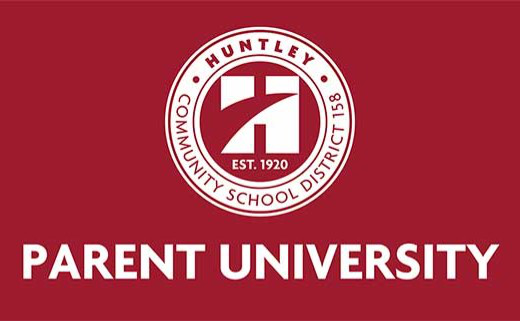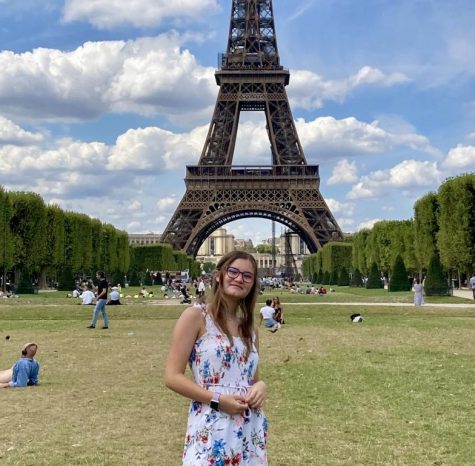Mental health training leads discussion on avoided subjects

Courtesy of District 158
November 15, 2020
With a pandemic, the new normal, and another lock-down looming, talk about mental health has only increased. On Saturday, Nov. 14, the first Parent University: Youth Mental Health First-Aid Training opened its virtual doors to 12 participants. With a limited number of members, a more personal experience was achieved.
“We are trying to keep it a little bit smaller to get those conversations to happen, so we’re able to dig in a little bit more and respond to those personal questions,” said Kathryn Romero, Director of Curriculum and Social Emotional Learning. “It can be really intimidating to do that in a large group.”
The opportunity was offered to any community member who interacts with teenagers, including parents or guardians, education staff, caregivers, and youth group leaders. Instructors Allison Anderson and Tracy Walsh led the group through five hours of live teaching and two hours of independent study, discussing situation examples and building skills like communication.
Normally District 158’s behavior specialists, Walsh and Anderson took on a new role when the McHenry County Mental Health Board offered a five-day training to specialists in various school districts across the county. The training prepared the behavior specialists to become instructors of this new mental health course, so they could pass on what they had learned and help co-workers and the community gain the needed skills.
“[MCMHB’s] goal was to get schools trained in this, so we could give more people in the community the skills to be able to identify and address mental health concerns,” Walsh said. “Just like if you were CPR trained and knew the Heimlich maneuver.”
A variety of normally avoided topics were touched on to teach responses to suicide, eating disorders, and substance abuse. Other keynotes consisted of noticing typical and atypical behaviors, a crisis versus a non-crisis, mental health versus mental illness, and a sign versus a symptom.
“Mental health first-aiders are not about diagnosing, it’s about identifying a mental health concern or challenge and being able to provide support and possible direction towards professional help,” Anderson said.
To help develop the identification skills, participants were put into breakout rooms and assigned specific cases. They were tasked with coming up with a plan to assess, approach, and assist the young person. The instructors kept in mind the many areas of life a participant may work with teenagers.
“We have to identify that there’s dual roles in everyone,” Walsh said. “So you could be a professional helping a student in school, but you could also be a parent having to identify mental health issues with your own child.”
Anderson and Walsh are determined to erase years of mental health neglect and stereotypes responsible for the stigma. They hope these training events will build more interest in mental-wellness and self-care. Already they plan to schedule more training sessions in the new year.
“You’re empowering [people], and then they end up feeling more confident and competent in being able to address [an issue] should it come up in front of them,” Anderson said.
According to Anderson and Walsh, the most difficult part is knowing how to approach someone who is struggling. Their goal is to continue to get more individuals in the community certified in mental health first-aid, so more young people can get the help they need.
“It’s coming to a point where we’re recognizing that the need is always there,” Romero said. “We need to be building this into what we do on a day-to-day and how we are helping people recognize their own feelings.”


